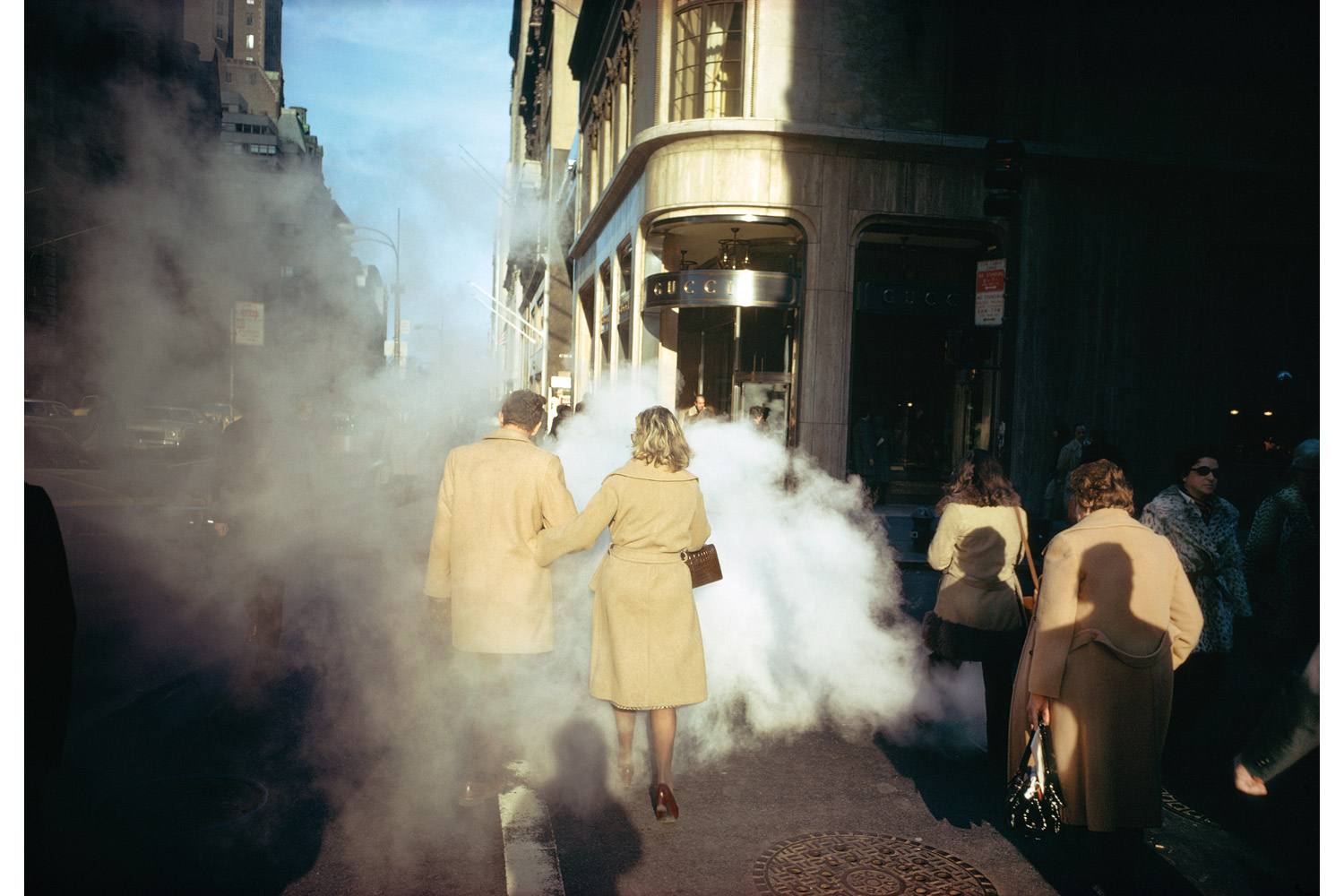
The 1939 edition of Robert Frost’s Collected Poems contained an introductory essay that wasn’t in the first edition. In that article, entitled “The Figure a Poem Makes,” Frost wrote, “Like giants we are always hurling experience ahead of us to pave the future with against the day when we may want to strike a line of purpose across it for somewhere.”
Though he didn’t know it at the time, acclaimed photographer Joel Meyerowitz began hurling his own experiences ahead of him in 1962. While working as an art director at an advertising agency, Meyerowitz met photographer Robert Frank who was shooting a clothing brochure. Meyerowitz watched Frank move while he photographed, and he had an incredible epiphany. On the way back to the office, Meyerowitz walked the streets of New York for more than an hour. “I felt like I was reading the text of the street in a way that I never had before,” he says.
When he returned to the office, Meyerowitz told his boss, Harry Gordon, that he was quitting. He wanted to be a photographer. Gordon then asked him a crucial question: did he have a camera? The answer was no, so Gordon lent him a 35mm camera and Meyerowitz embarked on the great journey of his life.
Over the next 50 years Meyerowitz exhibited at the MoMA, received a Guggenheim Fellowship, published books and taught photography at Cooper Union. But there was always one place where you had a chance to run into him and become immortalized in his gargantuan body of work. Meyerowitz is, first and foremost, a street photographer. Though he has shot street scenes in France, Germany, Atlanta, Ohio and dozens of places in between, the chaotic streets of New York City make up his favorite studio. “Fifth Avenue is my boulevard,” he says. “No street in the world, and I’ve traveled a lot, has for me the kind of sexy, improvisatory collisions between elegance and lowness. You can see bike messengers and models, billionaires and hustlers, and it’s all out there every day.”
That first day with Robert Frank served as more than just a catalytic inspiration; it laid the foundation for how Meyerowitz would record street life. He bobs and weaves through the throngs of people, searching for that serendipitous moment that becomes a great photograph. “The way someone makes a gesture on the street or the way couples react to each other or the simultaneity of two things happening at the same time and the relationship between them,” are some of the elements he looks for. “It was the wonder of human nature and this incredible capacity for things to keep showing themselves to me,” he says.
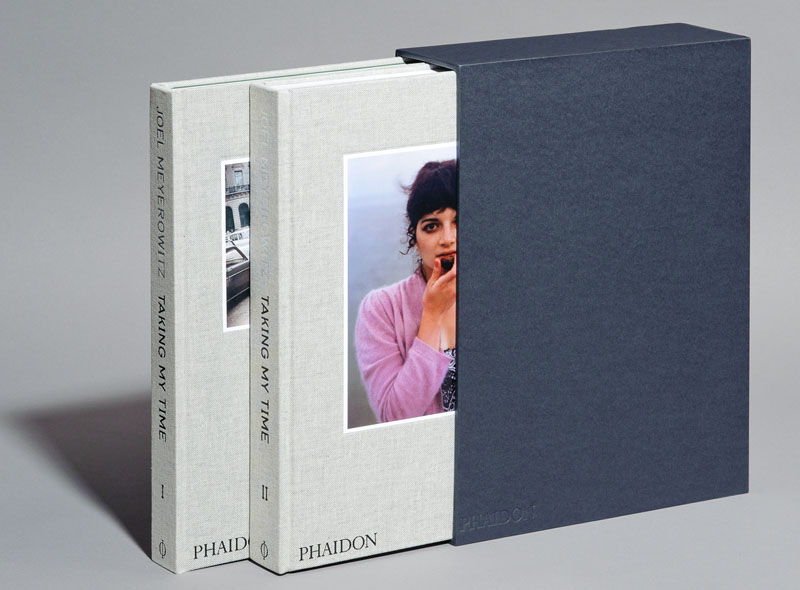
When he is shooting on the street, there isn’t much time to contemplate each moment. “Photography takes place in a fraction of a second,” Meyerowitz says. “There isn’t a lot of time to think about things. You have to hone your instinct. You learn to hone that skill and timing so you’re in the right place at the right time.” Although he has made images that have moved audiences for decades, that has never been his true motivation. “I’m not out there to make another ‘great picture,’” he says. “I’m really out there to feel what it feels like to be alive and conscious in that moment. In a sense, the record of my photographs is a record of moments of consciousness and awareness that have come to me in my life.”
This year, the 50th anniversary of when he first took up the camera, Meyerowitz compiled hundreds of his favorite images for the two-volume collection, Joel Meyerowitz: Taking My Time (Phaidon Press). The project isn’t just a greatest hits collection. “It’s easy to make a book of your very best things and not necessarily have a narrative arc,” he says. “I wanted to stick strictly to the chronology as precisely as I could and show my own development.” The result is a visual biography of an artist who for half a century has snapped moments–fractions of seconds–and preserved them forever. Each tells a unique story that Meyerowitz has used to pave his life. Through the images of people and places and tiny moments in time, one can see a remarkable line of purpose he has created, one that runs fluidly across the experience of his life.
Joel Meyerowitz is a New York City-based photographer. Beginning Nov. 2, his work will be displayed in a two-part solo show at the Howard Greenberg Gallery in New York.
LightBox previously featured Meyerowitz’s photographs of the destruction and reconstruction at Ground Zero.
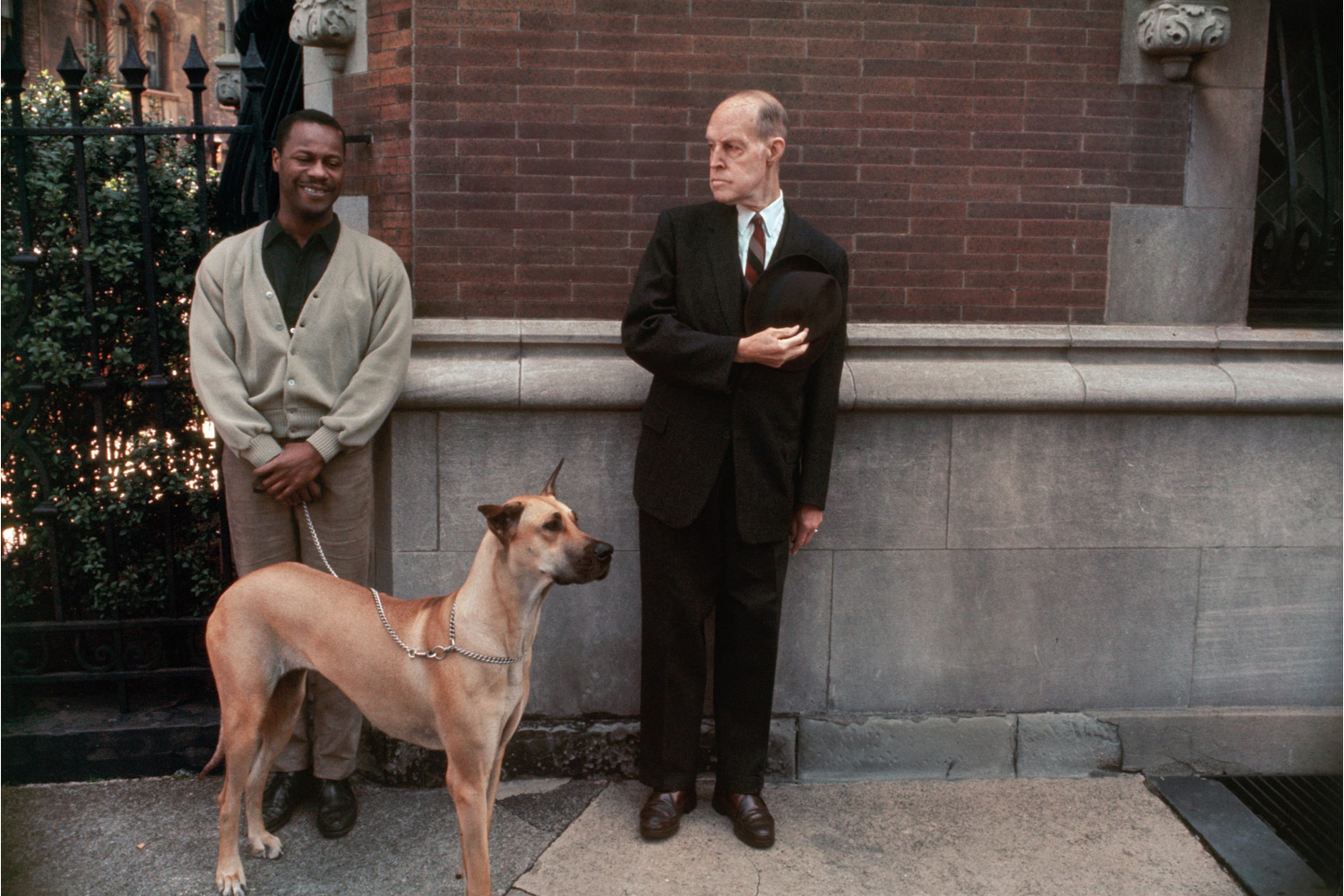
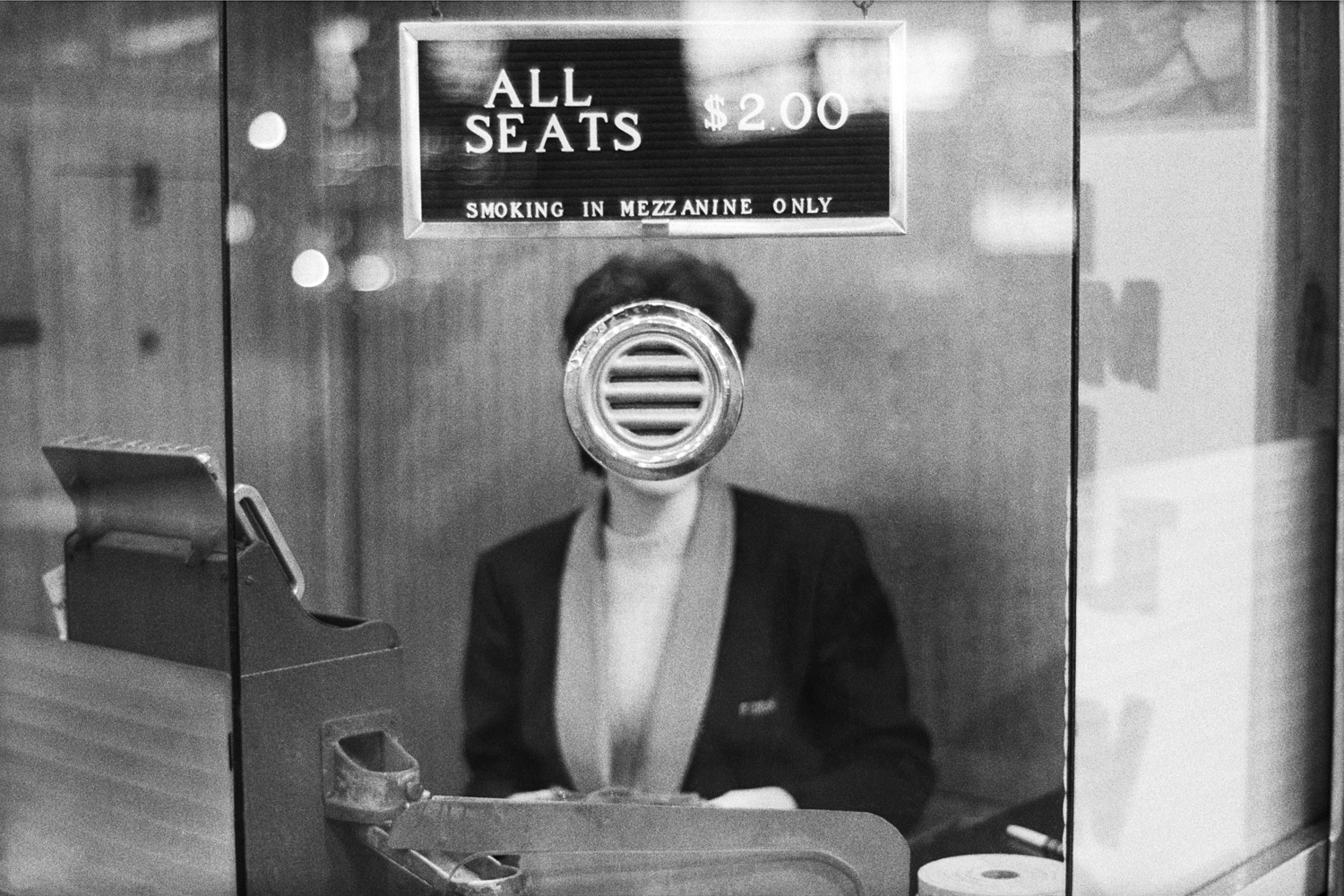
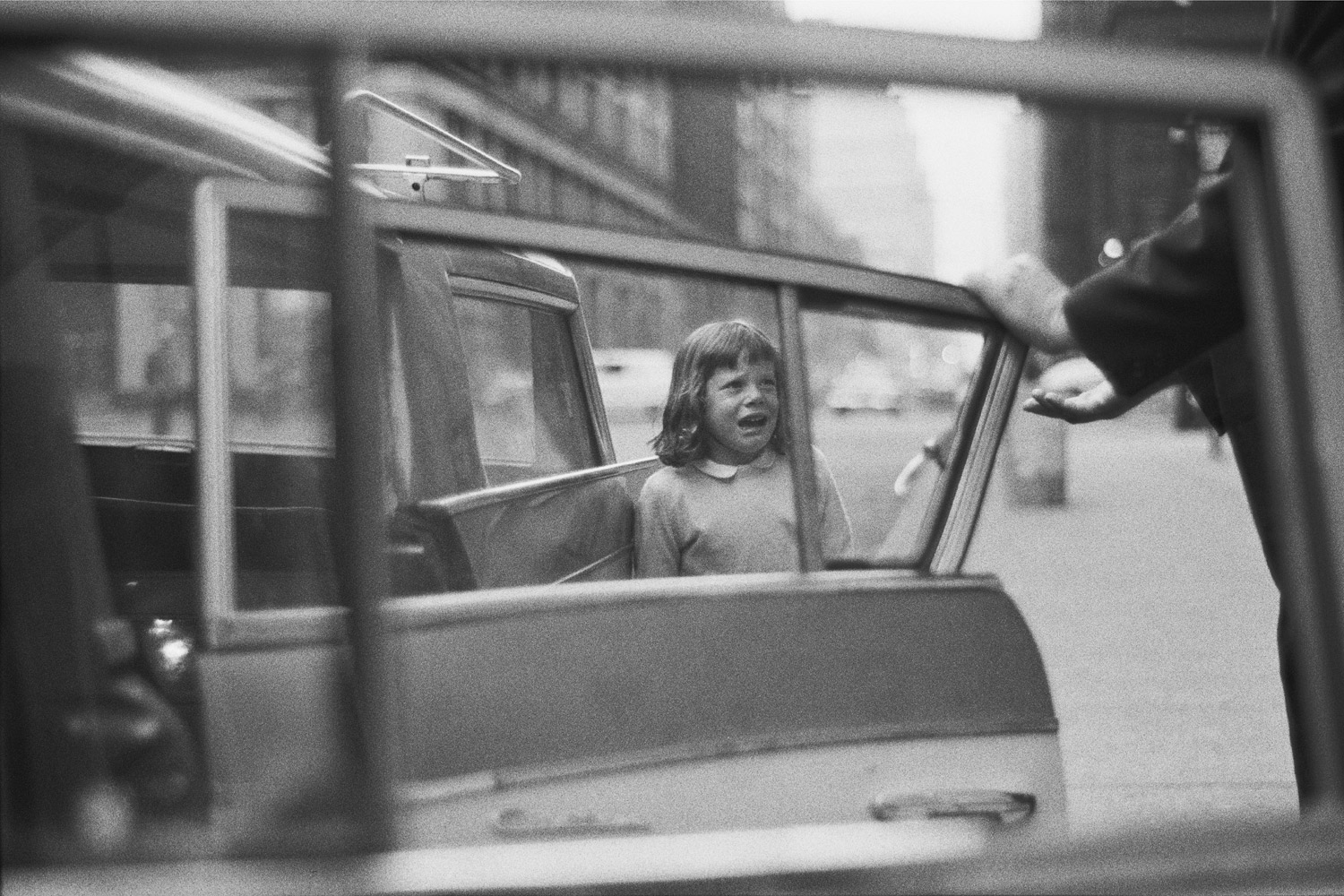
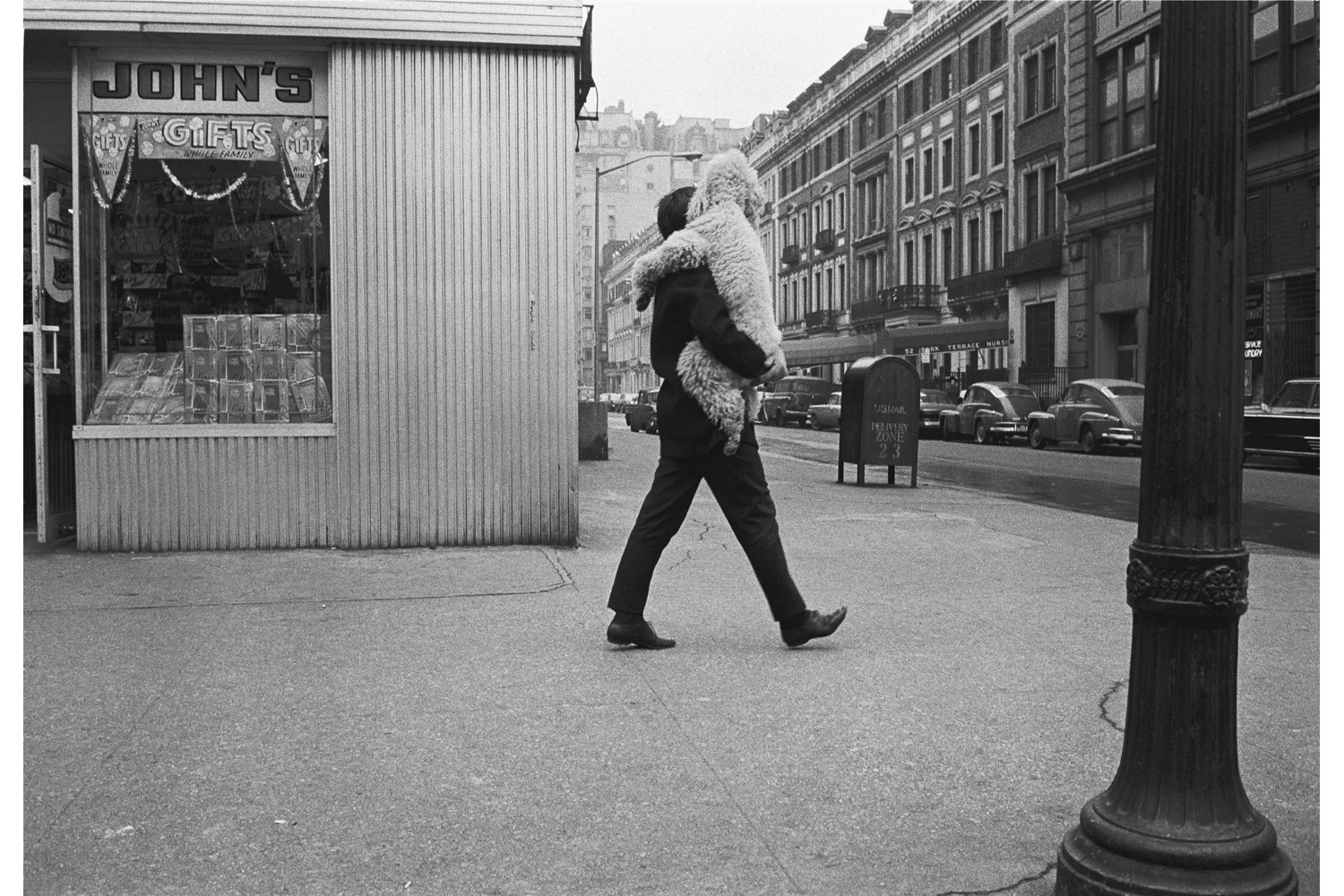
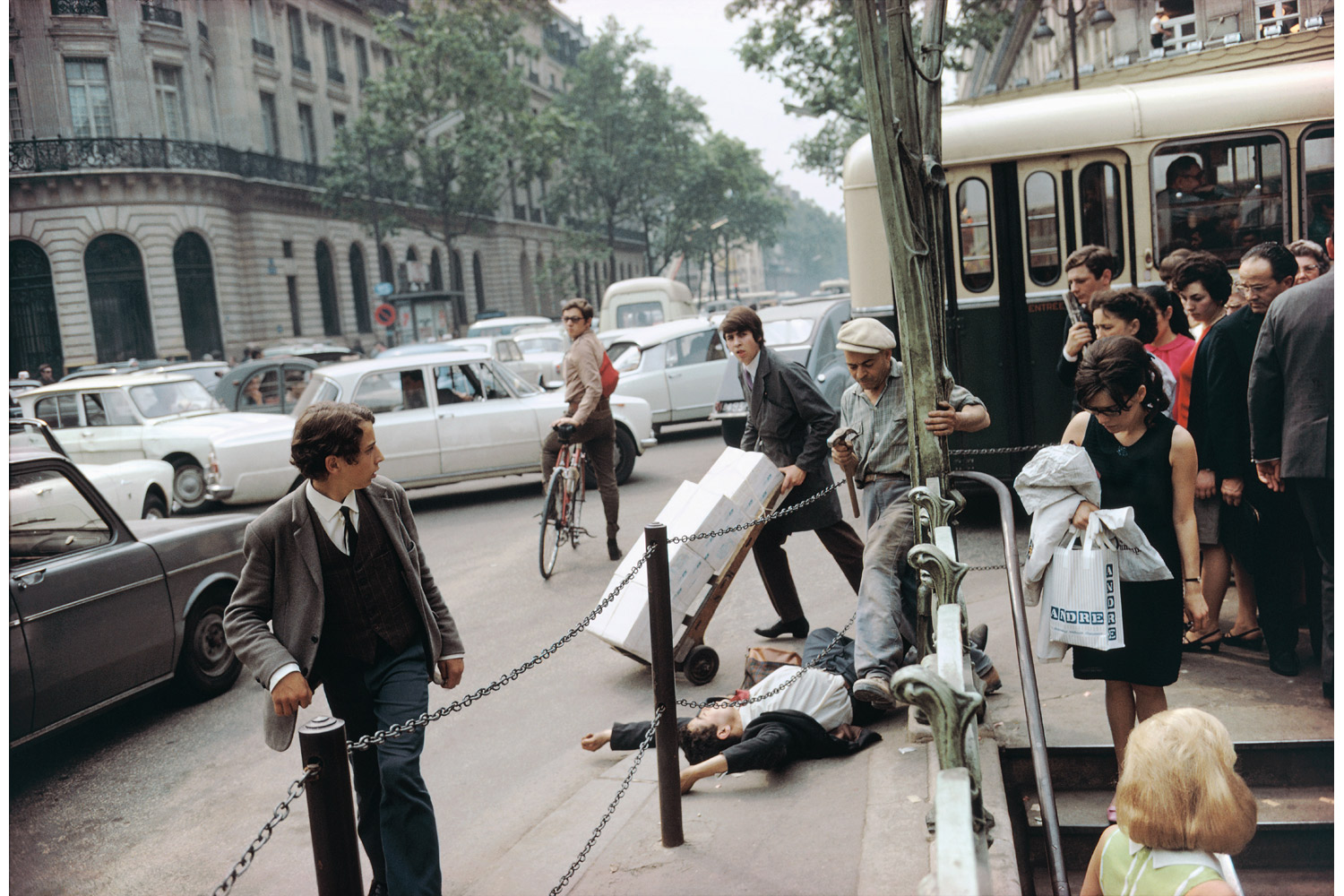
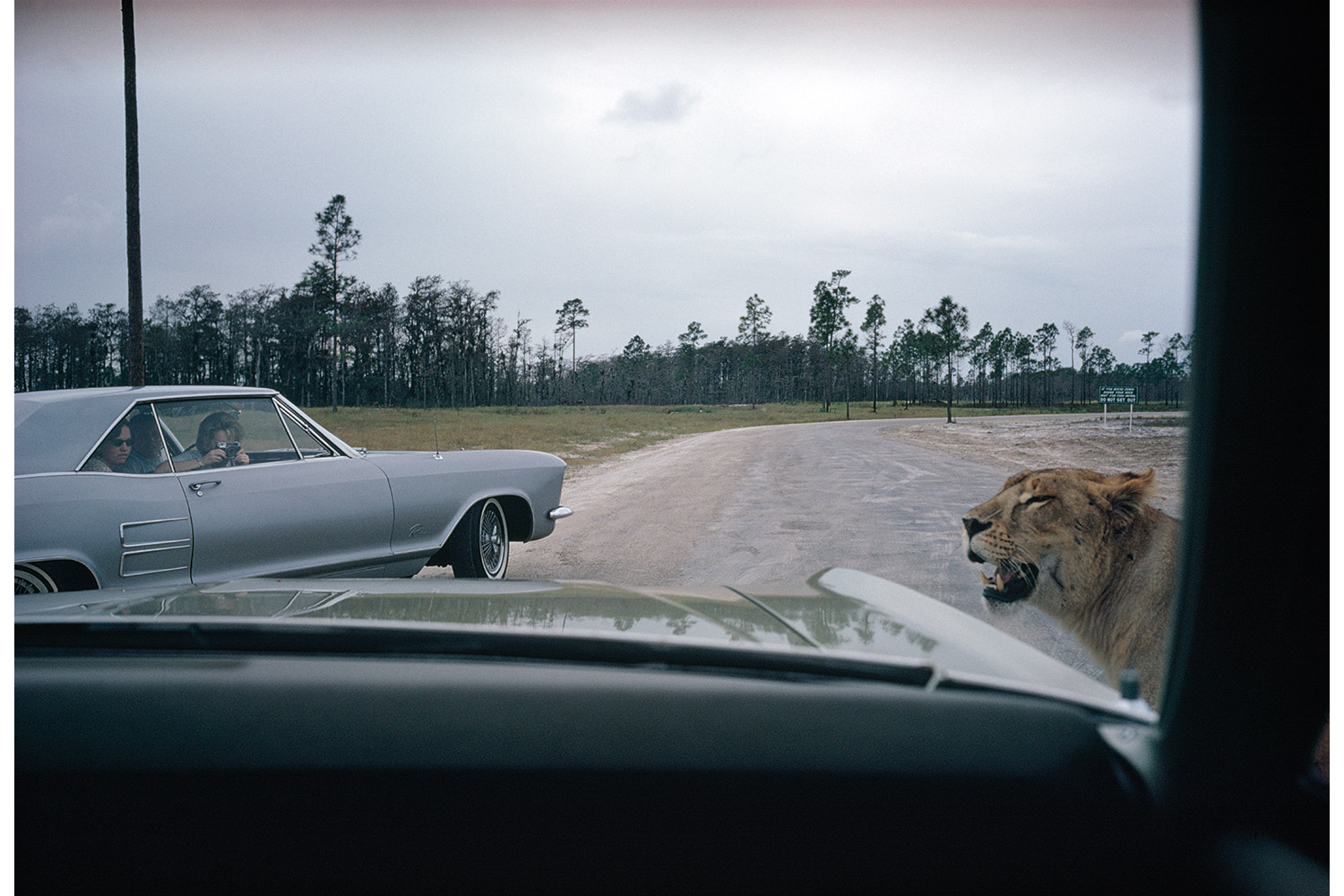
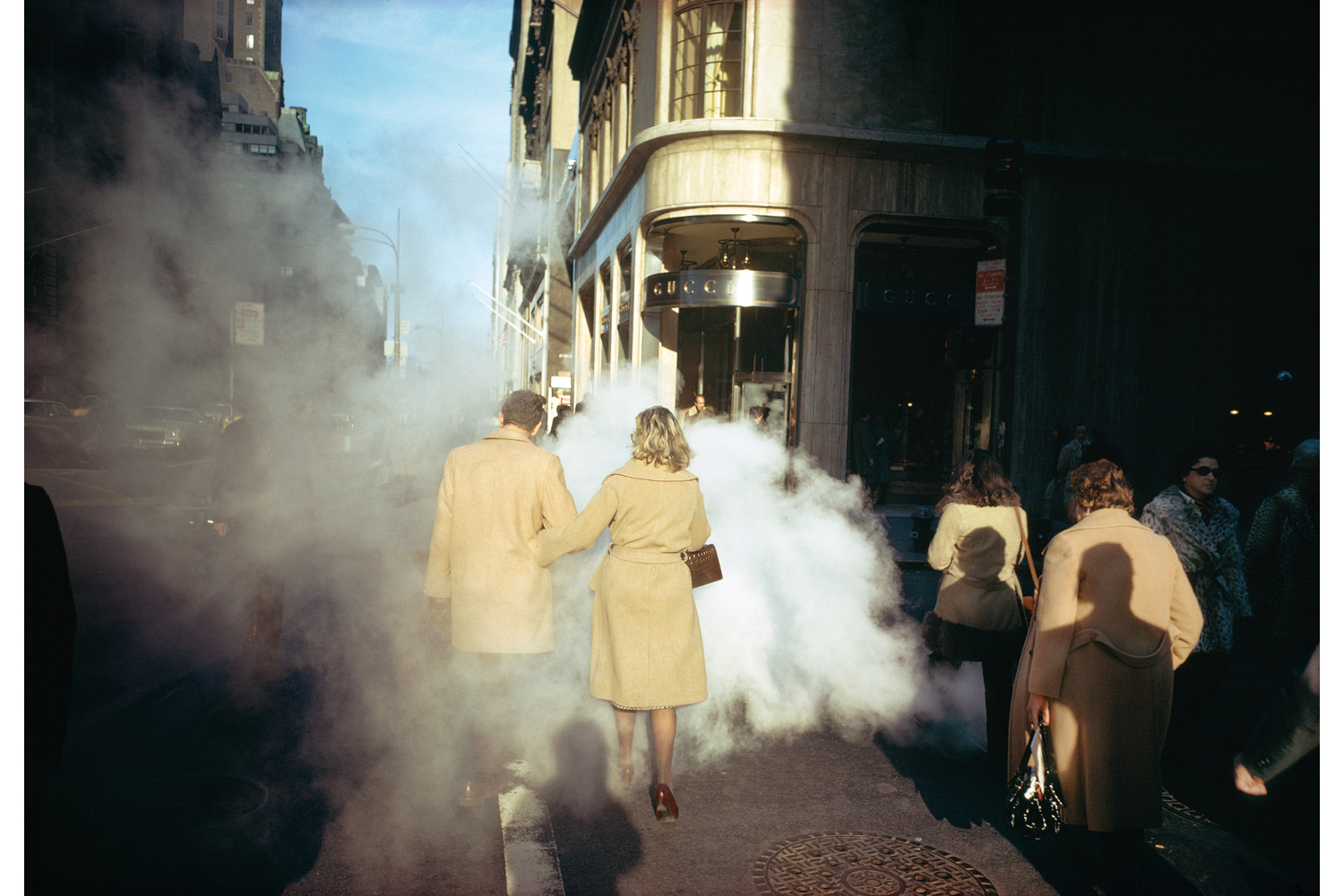
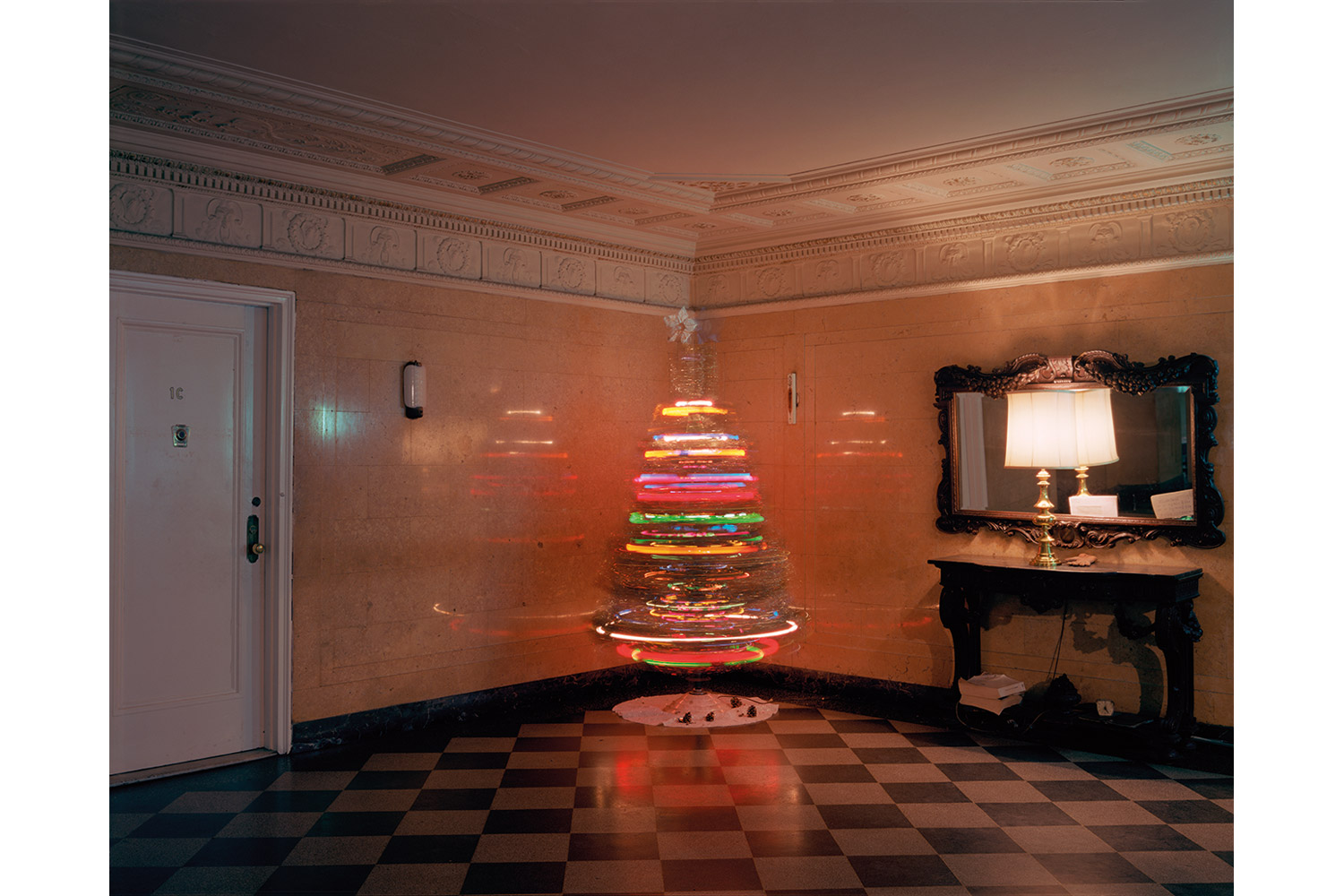
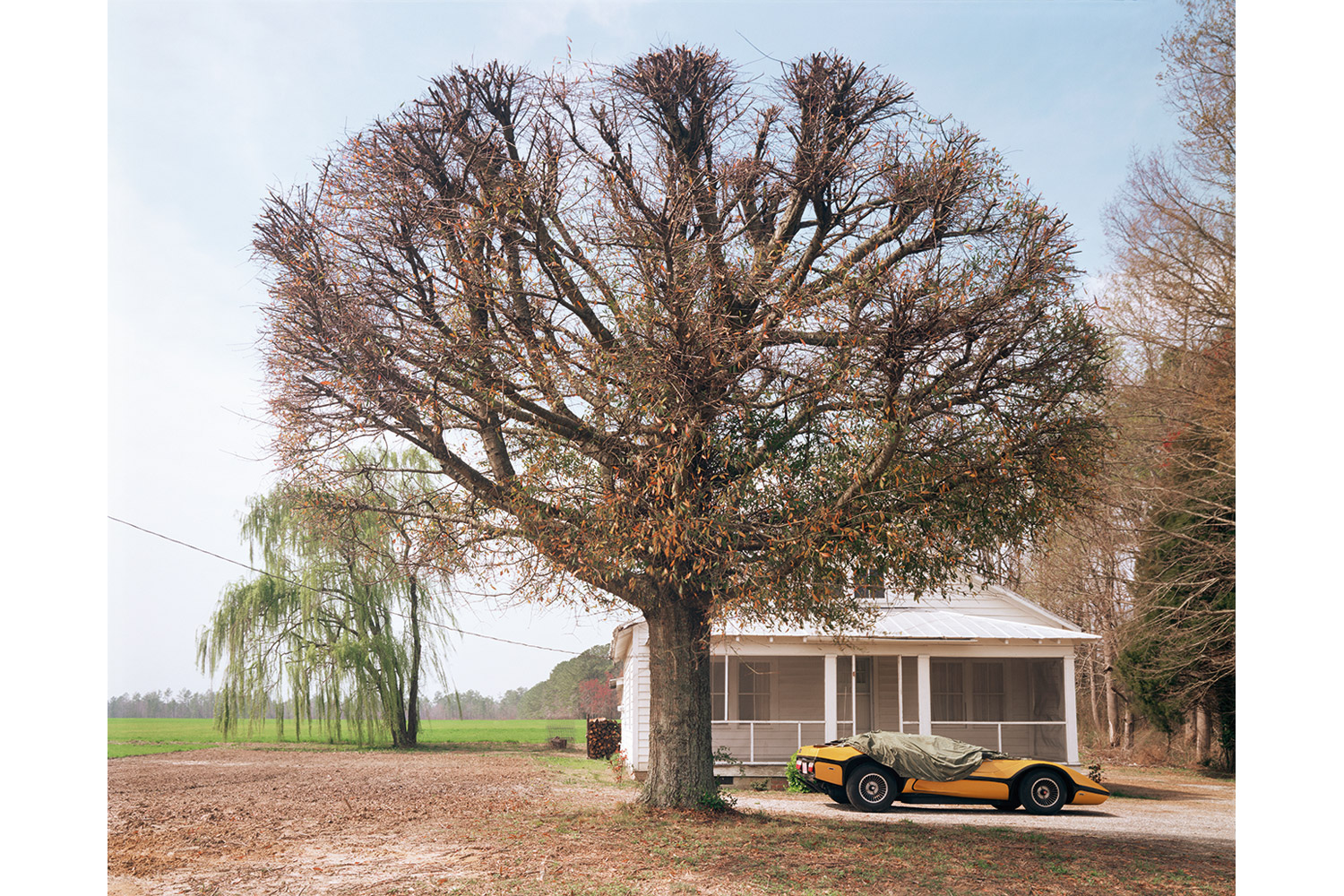
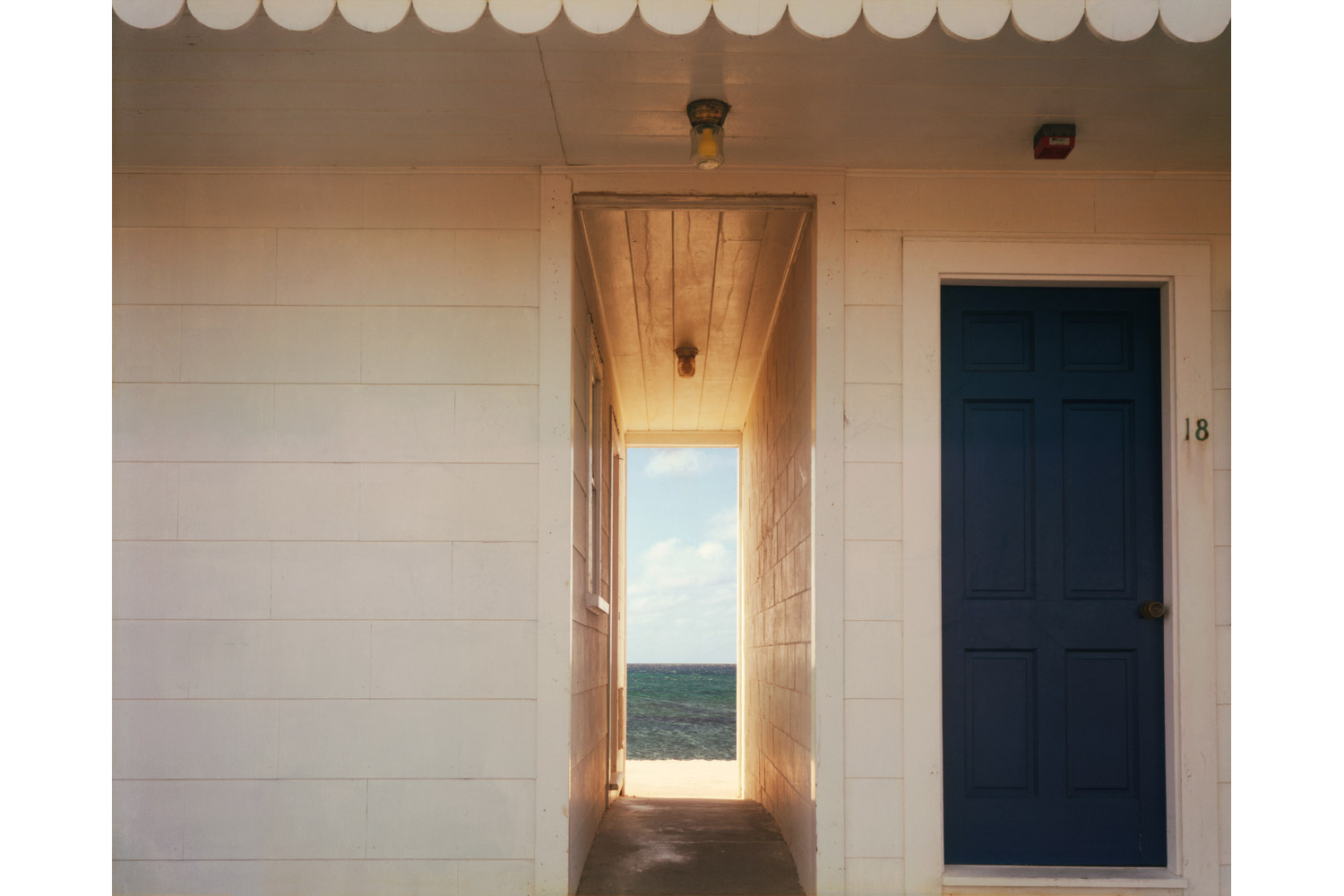
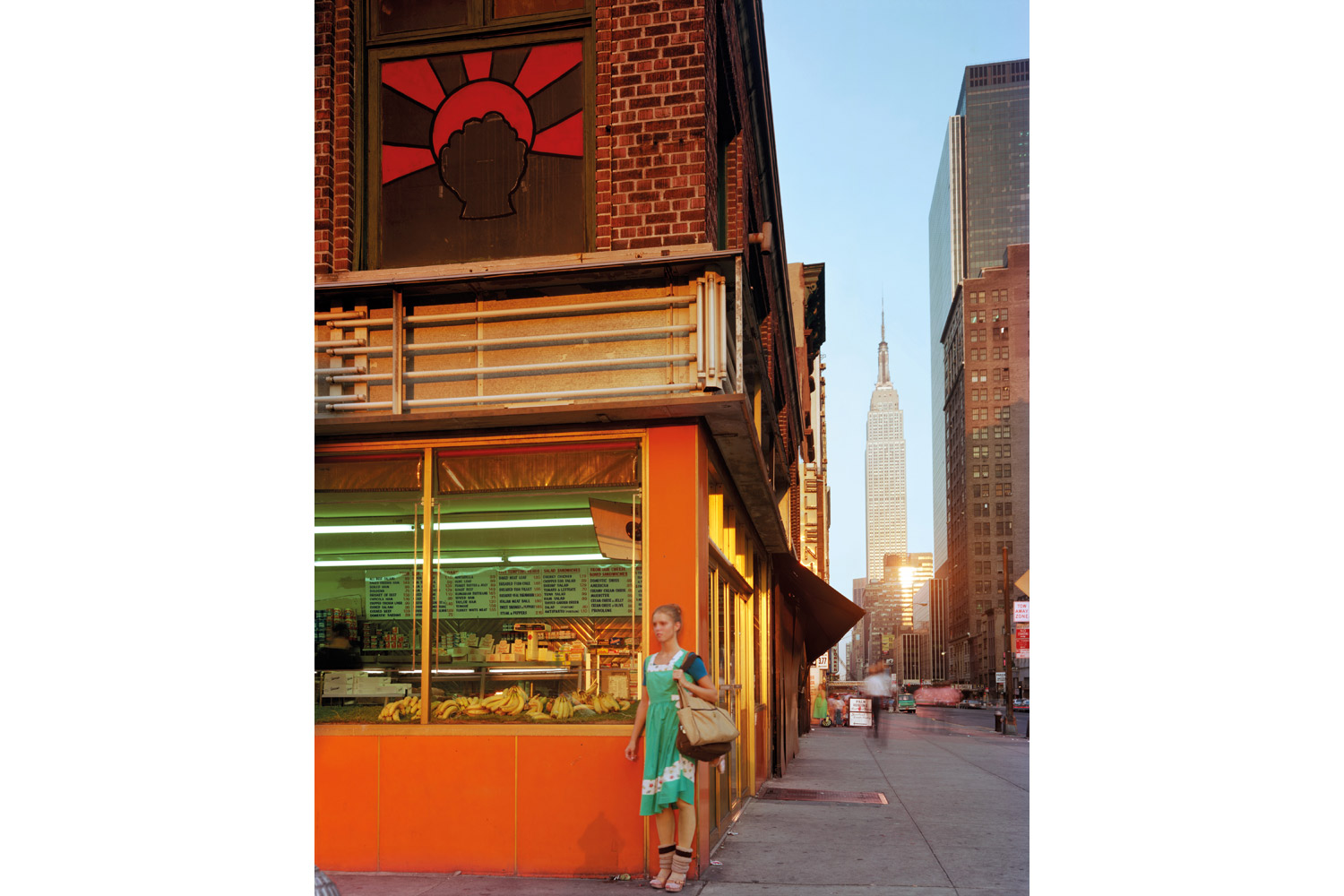
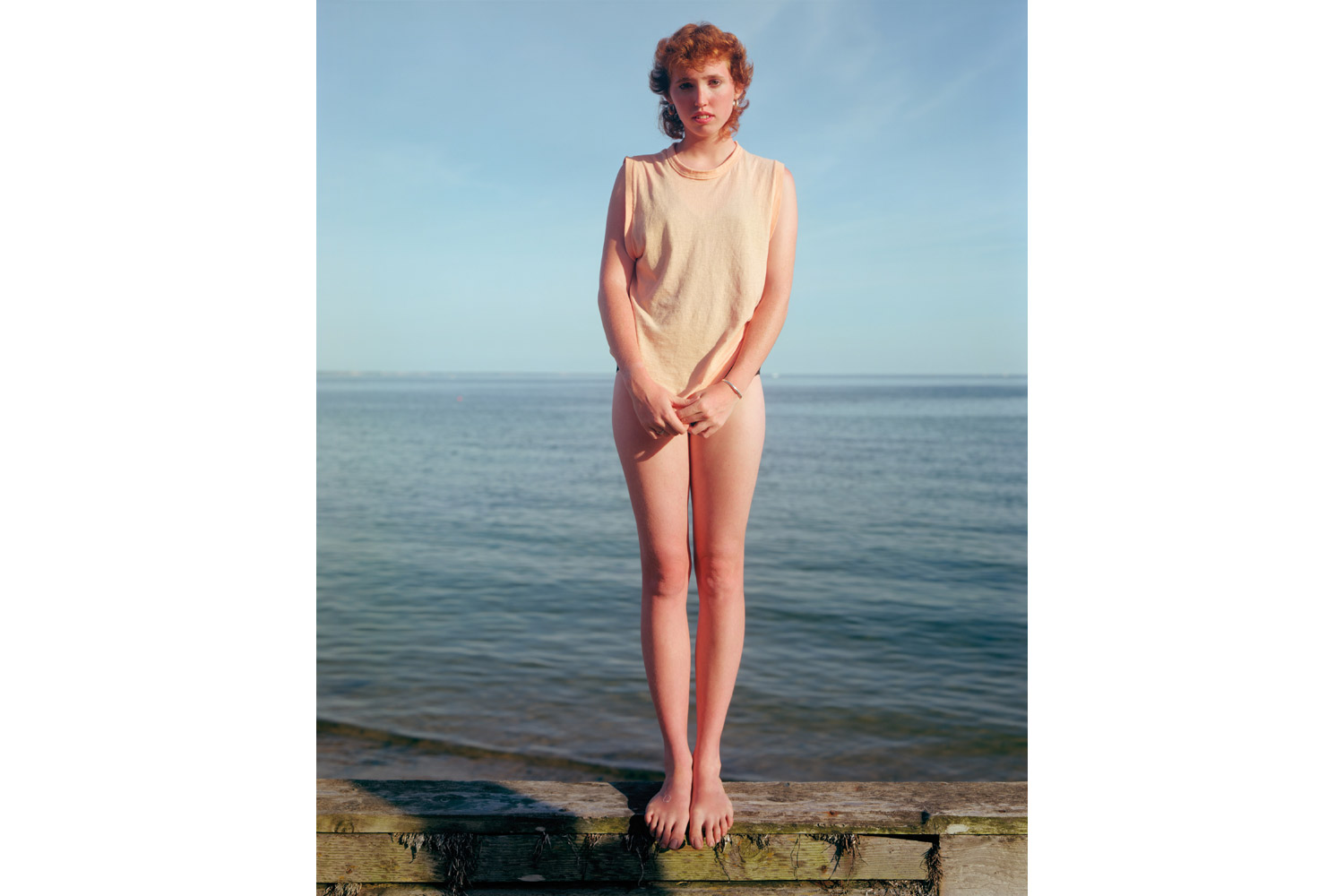
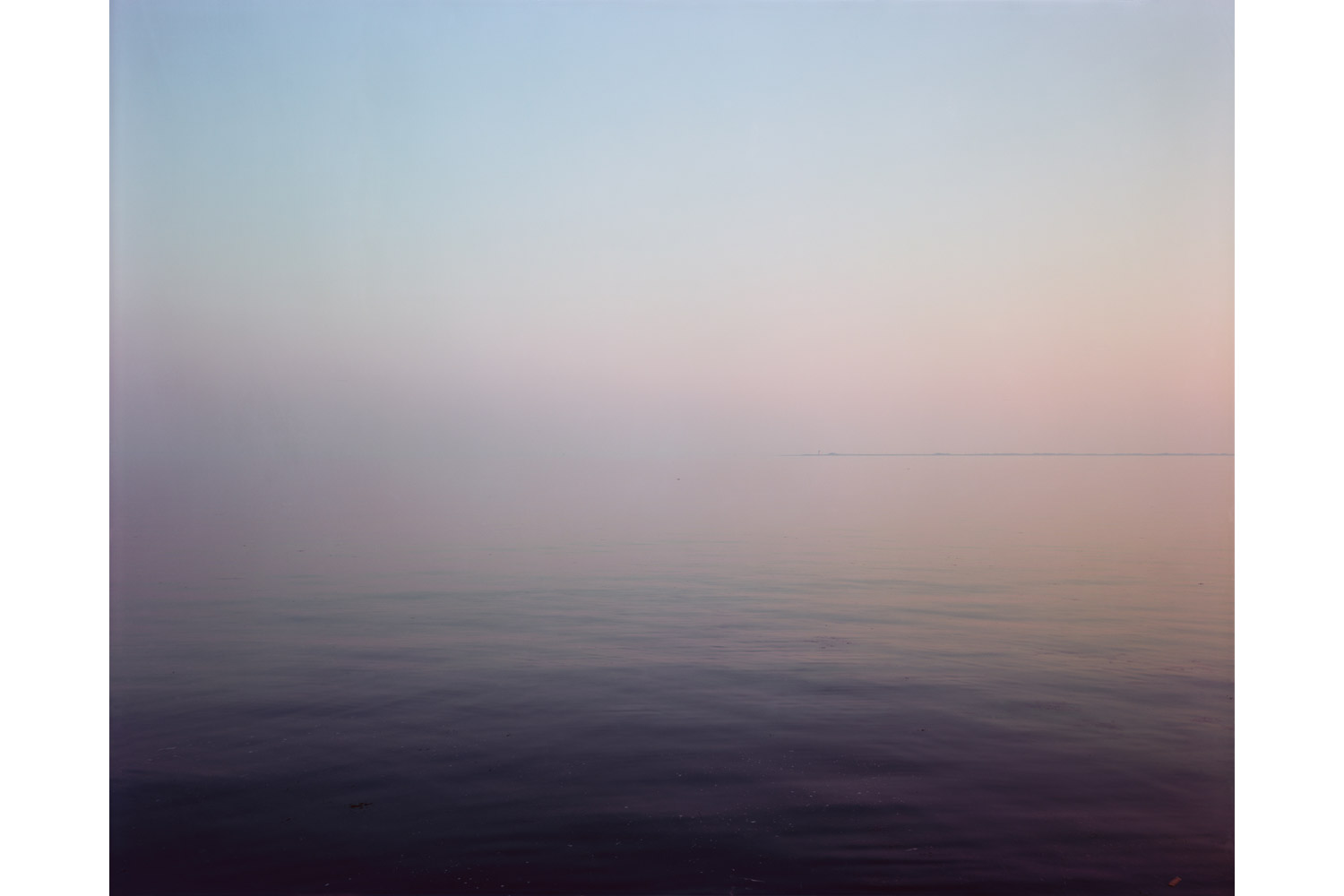
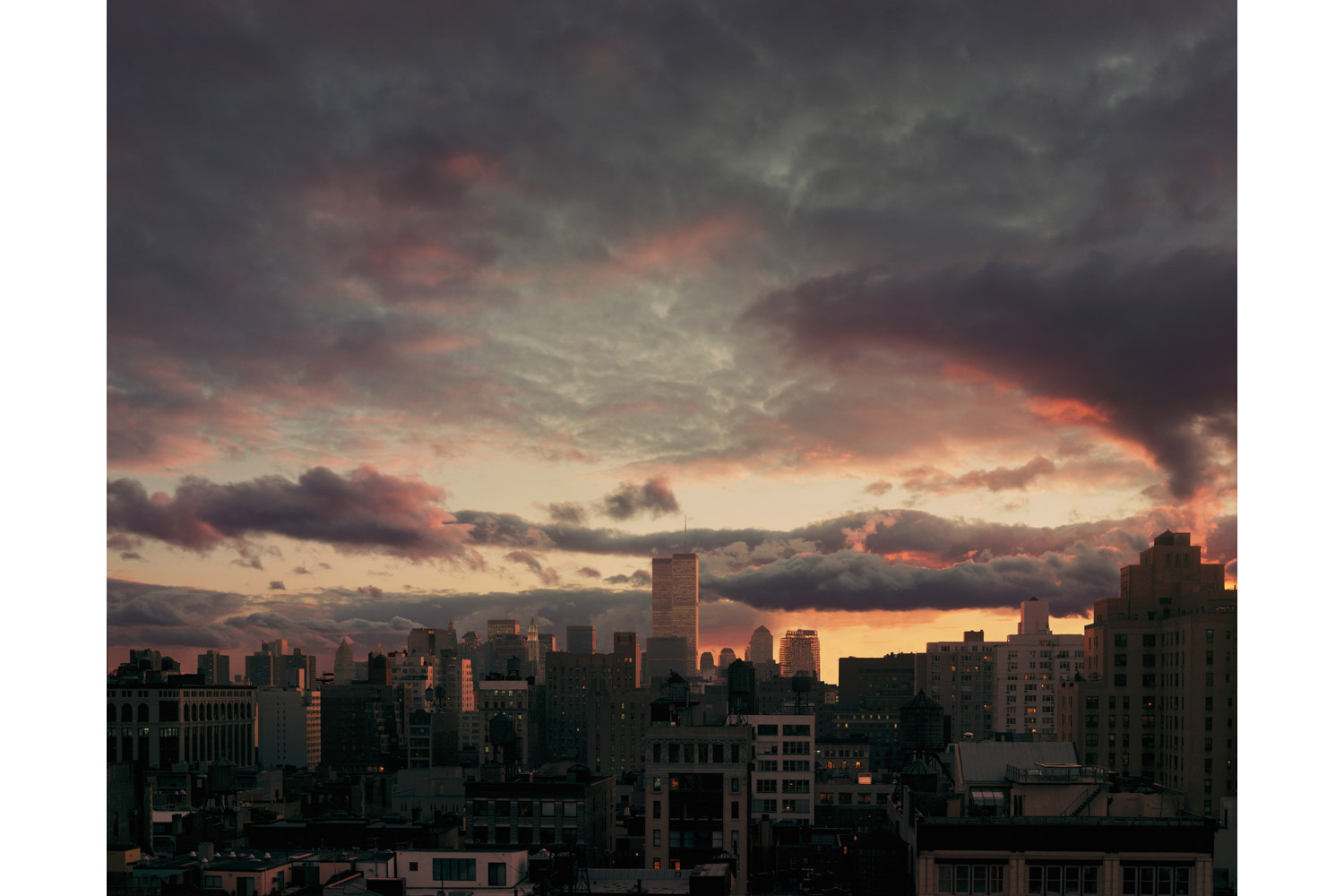
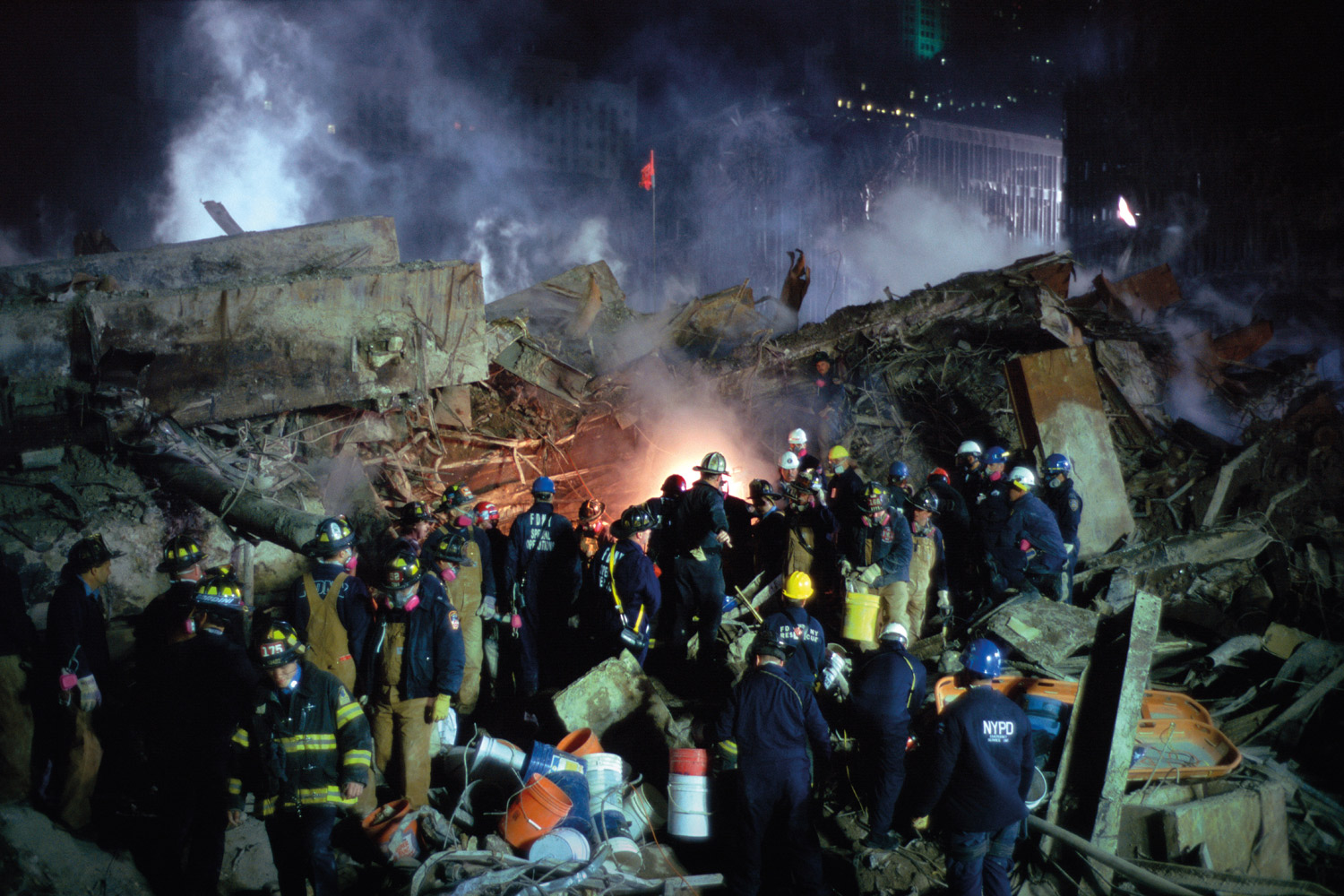
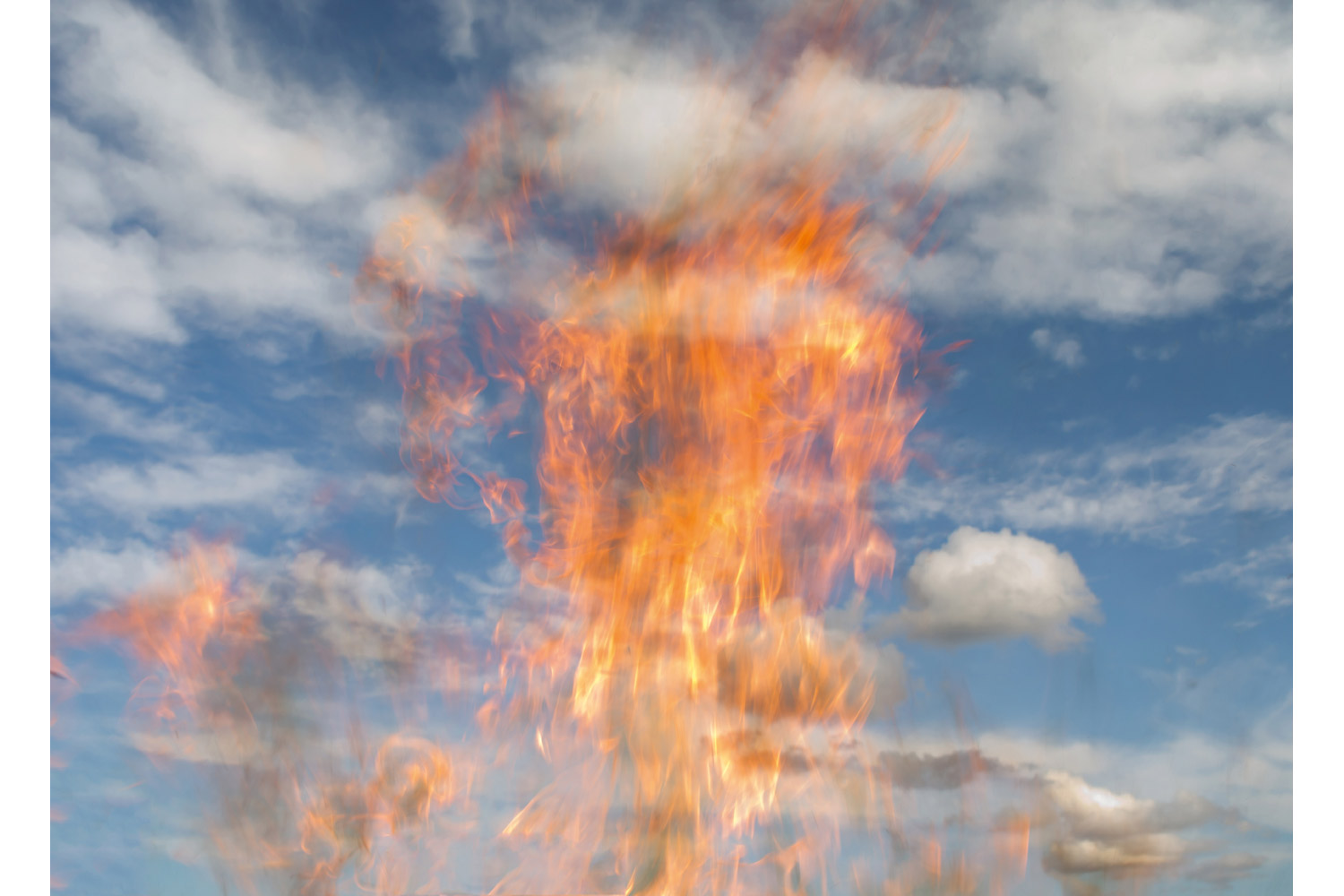
More Must-Reads from TIME
- Donald Trump Is TIME's 2024 Person of the Year
- Why We Chose Trump as Person of the Year
- Is Intermittent Fasting Good or Bad for You?
- The 100 Must-Read Books of 2024
- The 20 Best Christmas TV Episodes
- Column: If Optimism Feels Ridiculous Now, Try Hope
- The Future of Climate Action Is Trade Policy
- Merle Bombardieri Is Helping People Make the Baby Decision
Contact us at letters@time.com